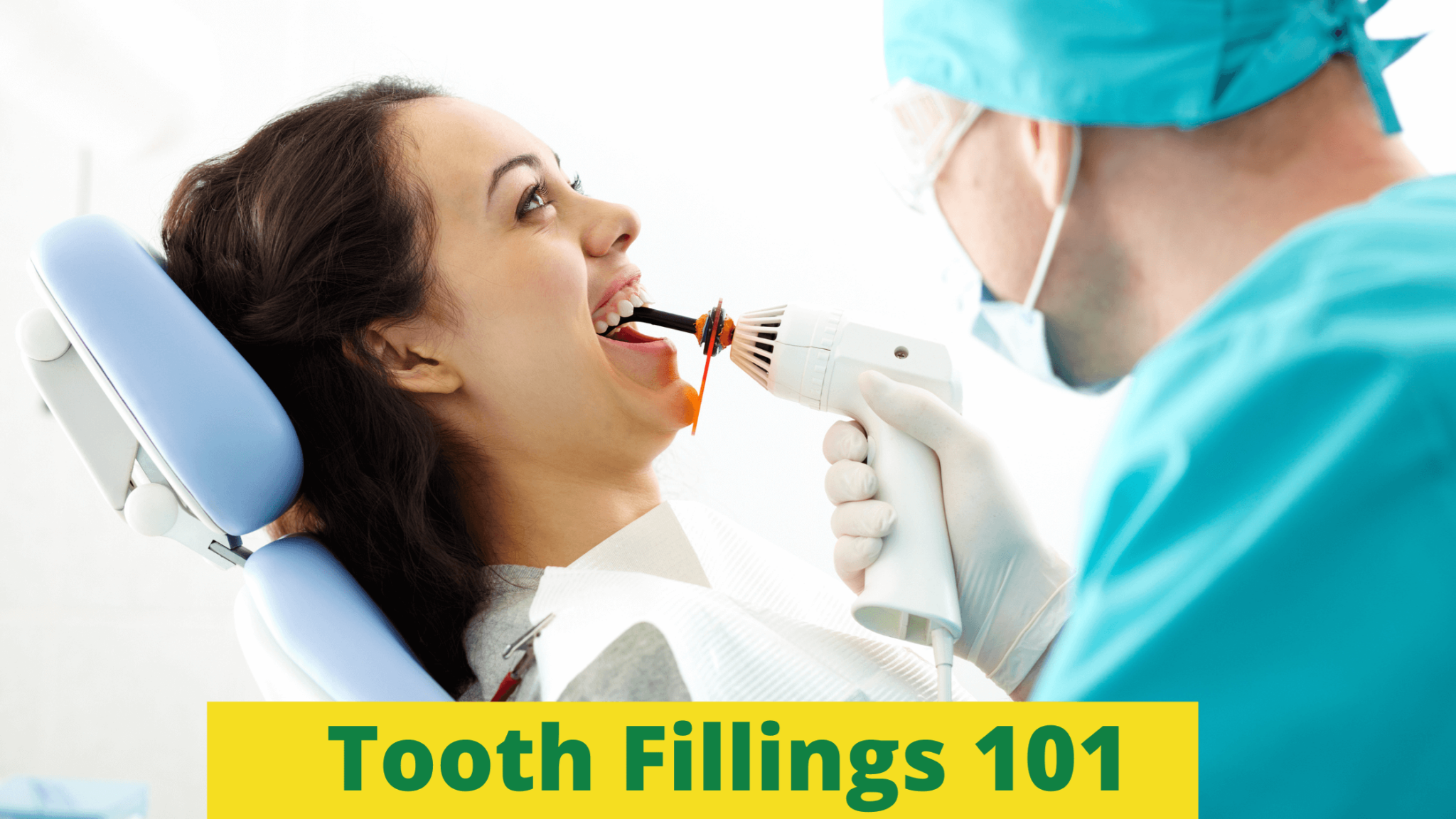Discover professional tips and little-known tricks to help your tooth fillings last
Expert tips for taking care of your tooth fillings. When tooth decay gets out of hand, tooth fillings are a great way to restore your smile and protect your teeth from further breakdown.
Thanks to the wonders of modern dentistry, tooth colored fillings front teeth – or composite resin – fillings are incredibly dependable and can last for years.
And dentists have trusted metal amalgam fillings to handle cavities for over a century.
But no matter which type of tooth filling you have, its lifespan weighs heavily on your dental care habits at home.
With that said, how can you care for your fillings to help them last as long as possible?
At Dental Express San Deigo, we want our blog to be just like having an in-person consultation with your San Diego dentist. We want to address all your questions and concerns and leave you feeling confident in your dental care routine.
So, below you’ll find everything you need to know about how to care for a tooth filling, including a few tips you won’t find on your average dental blog.
Without further ado, let’s get started.
Before Your Expert tips for taking care of your tooth fillings
Let’s kick things off with an insider tip that can help you on your road to recovery.
Before your treatment, taking an anti-inflammatory like Motrin or Advil can help with any pain or discomfort that may come up when the local anesthesia wears off. These medications can have a pain-relieving effect and help your body react better to the treatment.
Of course, be sure to talk with your doctor before taking any anti-inflammatory medication to avoid any adverse effects.
How Soon Can I Eat & Drink After a Filling?
After a filling, people usually want to know how soon they can start eating and drinking again.
If you had a tooth-colored filling put in at your San Diego dentist, then you’re good to go as soon as you leave the office. You can go about your day as usual and even grab something to eat on the way home if you like.
But you may still experience some numbness from the anesthetic, so be careful not to mistake your cheek for that french fry you’re chewing on.
For metal amalgam fillings, we recommend waiting for one to two hours before returning to your regular diet. These restorations can take up to 24-48 hours to harden fully, so be careful eating hard or sticky foods too soon. It can disrupt the setting process.
Expert Tips for Taking Care of Your Tooth Fillings Is Sensitivity After a Filling Normal?
Absolutely.
For one to two days after your treatment, tooth sensitivity in the affected tooth is totally normal.
Some patients have sensitive teeth for a week or two afterward, but don’t worry. As long as you’re not in pain, there’s no need to be concerned.
To ease your symptoms, you can use a desensitizing toothpaste; just make sure it contains fluoride. And here’s another little-known tip:
When you’re finished brushing, spit, but don’t rinse. This trick allows the fluoride to stay on your teeth longer, more effectively reducing your sensitivity and strengthening your enamel.
Pretty cool, huh?
What to Do When it Hurts to Chew
If it’s painful to chew after a filling, you may need to visit your dentist in San Diego to get your restoration adjusted.
Now, we know what you’re thinking: “Is that going to hurt?”
But don’t worry. Filling adjustments are an easy, pain-free fix.
If you notice any pain, give your dental care professional a call right away to set up a readjustment.
How to Care for a Tooth Filling
With proper care, fillings have been known to last for up to ten years.
Now, we’re not promising that yours will last a decade. But if you want your tooth filling to stick around for the long haul, you’ll need to stay on top of your at-home dental care routine.
Here are some tips for managing your restoration like a dental pro:
- Treat your tooth filling like you would your natural teeth: Don’t be shy when brushing or flossing. Clean on and around your restoration like you would if you didn’t have one. Brush twice a day with fluoridated toothpaste, floss at least once, and feel free to include an antiseptic mouthwash in your routine. Fillings are built to prevent cavities, but they’re not invincible. They need to be cleaned and cared for to protect against any further decay.
- Eat a balanced diet: In this day and age, almost everything has some amount of sugar in it, but do your best to limit sugary foods and drinks. When the bacteria in your mouth break down sugar, they create acid as a byproduct. Over time, this acid is what causes tooth decay. When you have a tooth filling, it’s essential to keep a close eye on your eating habits to avoid more cavities.
- Limit hard foods and chewing on solid objects: In addition to watching your sugar intake, stay away from hard candies, ice, and other solid foods whenever possible. These items can put unnecessary stress on your tooth filling and even cause it to crack or fall out. The same goes for chewing on pens, straws, and your fingernails. If you simply can’t resist biting your nails, make sure you’re not using teeth that have fillings in them.
- Schedule regular checkups and cleanings at your San Diego dentist: Any dental care regimen wouldn’t be complete without routine exams and professional cleanings. During your appointments, your dentist can look at your tooth filling to make sure it has set correctly, check for any damage, or replace it if necessary.
- Call your dentist immediately if you notice any issues: If your tooth filling cracks, leaks (has gaps), breaks, or falls out, schedule an appointment with your dentist as soon as you can. At Dental Express, we specialize in emergency dental care and accept walk-ins and same-day appointments six days a week. So if you have any problems with your restoration, please don’t hesitate to give us a call.
After a filling treatment, your restoration’s health is almost entirely in your hands. Now that we’ve taught you how to care for a filling, it’s up to you to apply these tips to maintain your oral health.
According to the American Dental Association,
“The best dental filling is no dental filling. Prevention is the best medicine.”
And we couldn’t agree more. Be diligent with your dental care at home to avoid any more cavities and protect your oral health.
Family-Friendly, Affordable Dental Care in San Diego
At Dental Express San Deigo, no matter what treatment you need, we’re here to provide top-notch dental care, full transparency, and education on how best to maintain your dental health.
We do our best to preserve your natural teeth, but when you need a cavity filled, we work with you to create a plan that suits your individual needs and budget.
From treatment planning to recovery, we make your process as smooth and affordable as possible and make a point to set you up for success outside the office.
If you’re looking for family-friendly dental care in the San Diego area, give us a call to learn more or schedule an appointment at any of our six locations. We’re always here for your smile!
Keep Reading
Three Things You Need to Know About Fillings
Learn What Foods and Drinks Can Damage Your Teeth

